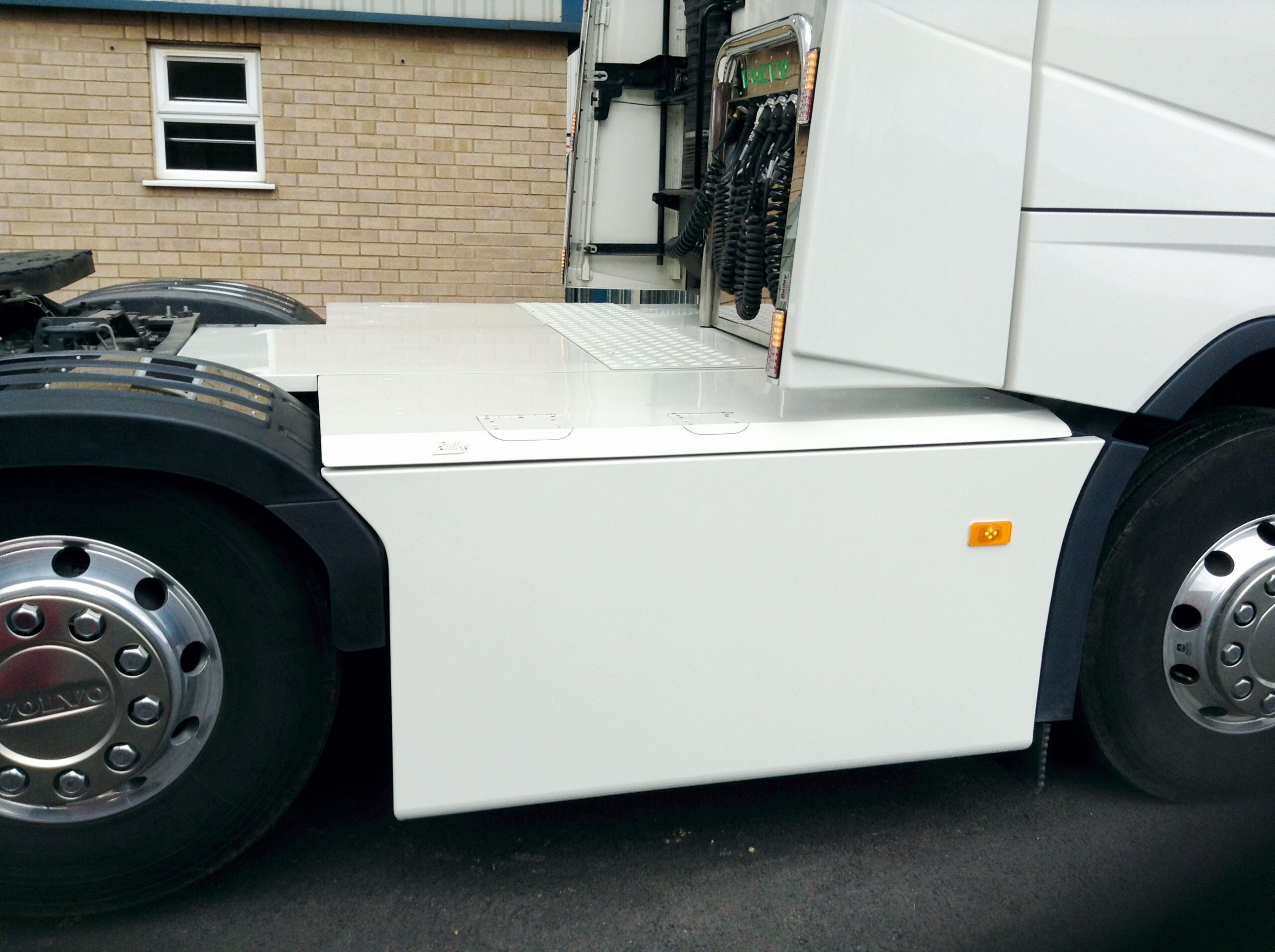
Trucks are sturdy vehicles used for heavy purposes like towing, hauling, ferrying cargo, etc. Despite its known sturdiness, however, every truck has its own set lifespan. It may vary with the truck’s make, maintenance, and mileage. External factors like driving habits or accidents also contribute to its lifespan.
If your truck shows signs of extreme wear and tear, or if it has extended its manufacturing lifespan, you should start looking at trucks for sale. Better secure a new and efficient vehicle than compromise safety and performance.
What is the average lifespan of a truck?
The lifespan of a truck can be calculated by mileage or the time from its manufacture date. A truck has many parts: engine, exterior or body, tires, and so on. Each of these has a different lifespan too. But generally, the overall lifespan of a truck is between 10 to 15 years.
Well-maintained ones can last about 300,000 miles before major issues show. Furthermore, it will take up to a million miles that most trucks can no longer run.
Signs It’s Time for a New Truck
To know if you need a new truck, calculate the years of using your truck from its manufacturing date. You can also evaluate the mileage to know if it has exceeded. But aside from these, here are a few more indicators that you need a new truck.
- Experiencing a Poor Overall Performance
Throughout the lifespan of your truck, it may become more and more unreliable. It happens as it ages, despite having proper maintenance and repairs. You may increasingly experience problems starting the truck, some sputtering, and occasional stall outs. When you’re having problems before and during its use, these are obvious indicators of larger issues on the truck.
- The Engine Starts to Gives Out
Perhaps the occasional stall outs become a regular occurrence. You may experience power loss in your engine, excess smoke, troublesome scale, and lots of noise. The engine lights become faulty and raise hazards in driving. Sometimes strong smells come off from the engine. These are signs that the truck engine is no longer at its best.
Another sign of engine failure is increased gas mileage. You may notice that you need to fill up your gas more often. Engine deficiencies usually cause this. The same idea goes for oil changes. Oil changes are part of your truck’s regular maintenance. But if you burn through the oil more quickly, an engine replacement may be necessary.
Sometimes it’s just the truck’s engine that needs changing. But it’s wiser to check the overall condition of your truck. If several parts are wearing out simultaneously, you better check out trucks for sale and get a whole new one.
- The Hauling Capacity is Limited
Trucks have a different load or weight capacities depending on the make or model. In time, this capacity may decrease because of engine issues that come with age. There may also be structural issues like rust and brittleness that are either signs of aging or results of accidents. These issues limit the hauling capacity of the truck.
Replacing your old truck may require certain expenses upfront, but safety and functionality have no price. Big trucks especially are harder to drive and require very skilled drivers. It is important to prioritize safety, favour efficiency, and comply with roadworthy standards.
Leave a Reply